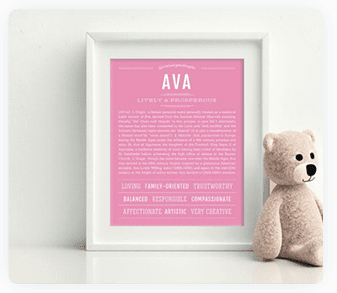Etymology & Historical Origin of the Baby Name Willa
All About the Baby Name – Willa
Personality
OF THE GIRL NAME WILLA
The Three energy is powerful and enthusiastic. These personalities are cheerful, full of self-expression, and often quite emotional. They have an artistic flair and "gift-of-gab" that makes them natural entertainers. Their joyfulness bubbles over, and their infectious exuberance draws a crowd. The Three personality is like a child - forever young and full of delight. They are charming, witty, and generally happy people. The Three personality lives in the "now" and has a spontaneous nature. Threes seem to live with a bright and seemingly unbreakable aura that attracts others to them. In turn, they are deeply loyal and loving to their friends and family. Luck also has a tendency to favor number Threes.
Popularity
OF THE GIRL NAME WILLA
Quick Facts
ON WILLA
GENDER:
Girl
ORIGIN:
English
NUMBER OF SYLLABLES:
2
RANKING POPULARITY:
691
PRONUNCIATION:
WILL-ah
SIMPLE MEANING:
Valiant Protector
Characteristics
OF WILLA



